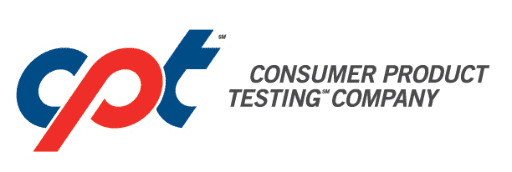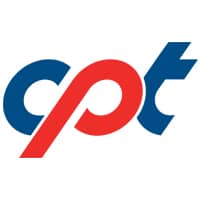Before a quality product reaches the market, it undergoes a rigorous development process. Whether a company is interested in launching a new cosmetic product or a medical device, there are steps that must be taken to ensure the highest level of quality, safety and efficacy.
When it comes to legit product testing, one of the final steps will be user input. Panelists are paid to test products, often based on specific demographics. At this point, panelists offer their input to improve the product even further. This is an important step in product development and should not be overlooked.
How a Product Comes to Market
When a new product is developed, whether it is a new sunscreen or a new diabetes drug, there are key steps that are taken. Legit product testing will begin with a final formulation and evolve towards clinical trials.
To better understand the overall process, here is what happens to a product before panelists provide their valuable feedback. Of course, requirements may vary from one product to the next.
A formula is developed – When developing a final formula, various chemical and physical characteristics are considered. For example, if a product will be applied to the skin, how does it feel in terms of its texture? Is it too grainy? Perhaps it’s too greasy? These are the types of factors that manufacturers consider. At this stage, raw materials will also be tested.
Pre-clinical testing begins – Whether a product requires stability testing or microbial testing, this stage focuses on how long the product will last. If a new over-the-counter drug is being formulated, for instance, pre-clinical studies will follow the basic research period and precede clinical testing.
Product safety is tested – This step focuses on associated safety requirements, including toxicology risk assessment, in-vitro safety testing, and human testing. At this stage, panelists are often involved to ensure a product is safe and of the highest quality.
Depending on the product, labeling claims will need to be supported. For example, if a label states that a product offers anti-aging properties, this claim needs to be tested to ensure accuracy. Once products are viable, manufacturers can scale-up the testing process with a core focus on quality.
Legit Product Testing Companies Value User Input
Credible clinical testing companies understand the importance of user input when developing new products. Since panelists essentially represent the marketplace, they are able to offer input regarding:
- Whether or not the product offers the right solution based on the claims made. For example, a clinical trial may be conducted specifically for contact lens wearers. These contact lens wearers will provide feedback on how well the product works based on its intended use.
- The overall safety of the product — this is especially the case regarding possible dermatological reactions. In some cases, clinical trials will require specific subgroups. For example, pediatric trials may test products that are specific to children. Of course, every step is taken to ensure that the level of risk is minimal.
- The overall effectiveness of a product. For example, does a new sunscreen product block UV rays? Like all tests conducted in a credible lab, SPF protection efficacy testing will be based on regulatory requirements, GCPs, GMPs, and all other certifications.
Overall, legit product testing will involve human clinical trials. The participation of volunteers helps protect the public and improve the overall development process.
If you are interested in becoming a volunteer, you will gain access to the latest in technology, research, and resources. If you want an exciting and rewarding opportunity, and if you are ready to make a difference — you can apply today!

